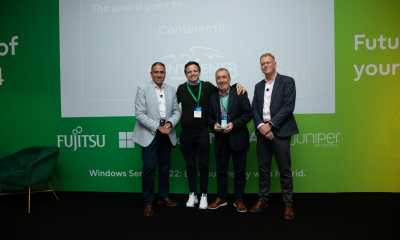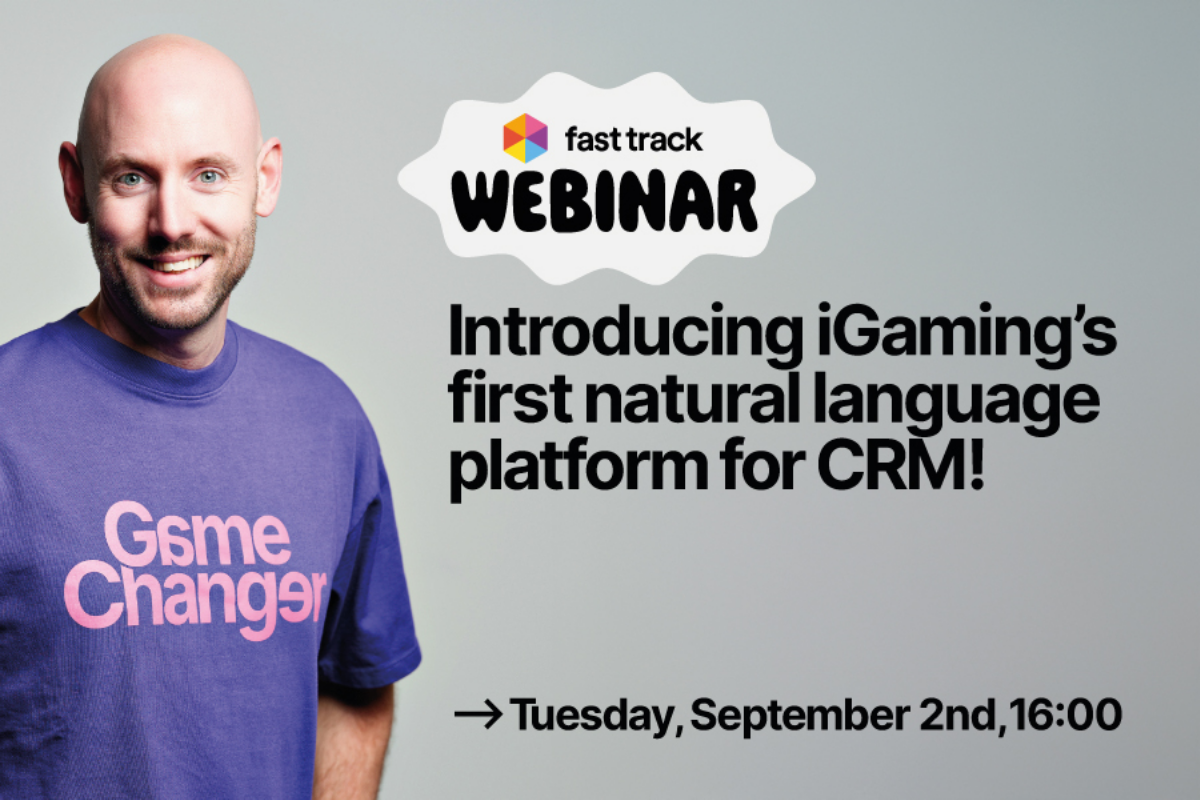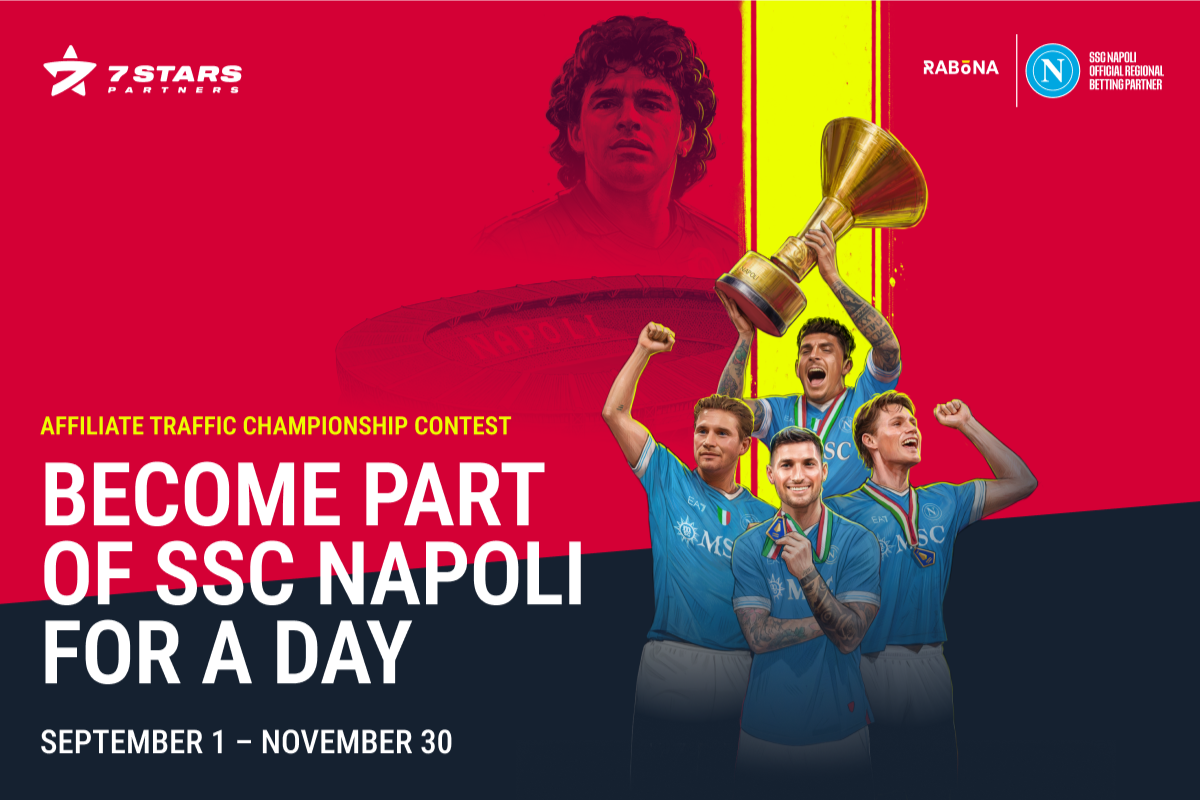Interviews
Tackling data sovereignty
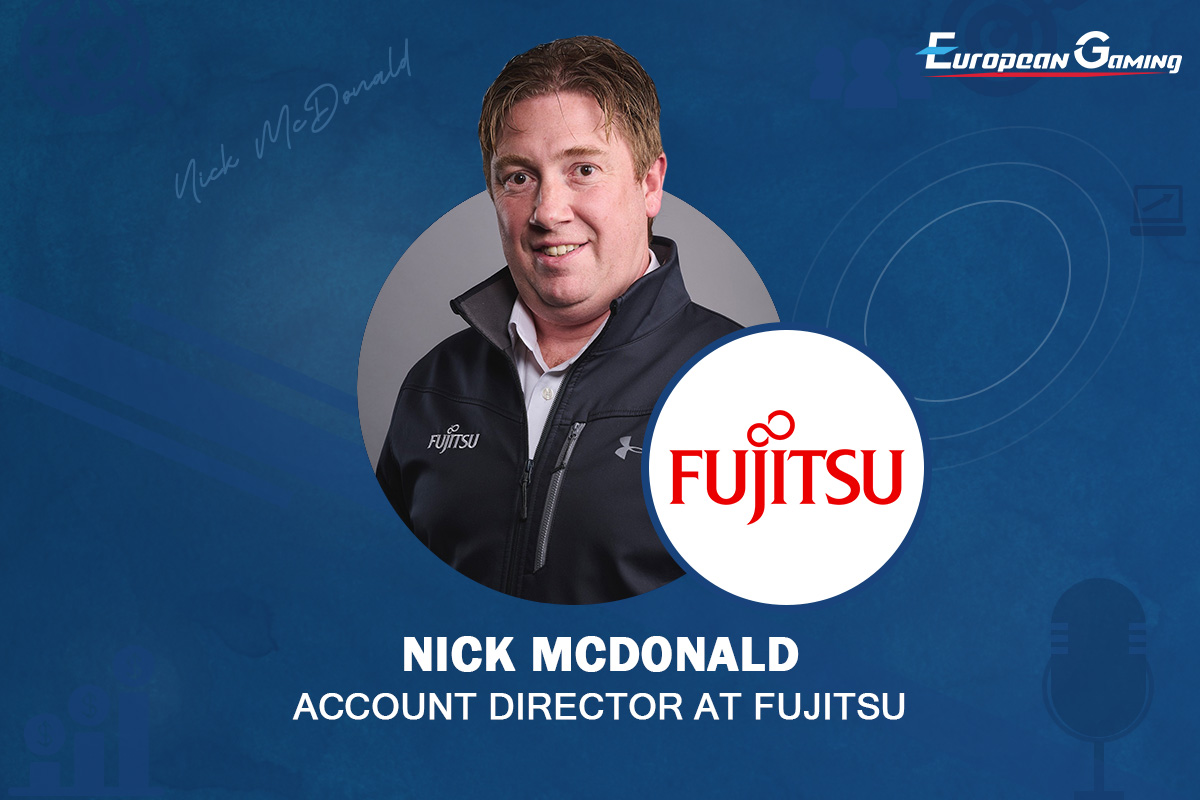
Nick McDonald, Global Account Director at Fujitsu, says that data sovereignty and tightening requirements can cause headaches for online gambling companies but by getting it right they can unlock plenty of opportunities
Data is often seen as the engine that powers this industry forward. But with data collection, storage and transfer being subject to increasingly stringent laws and requirements, it’s becoming increasingly difficult for organisations to unlock the full value it holds. Data sovereignty is something that all businesses need to consider, but especially those with an international footprint. To learn more, we sat down with Nick McDonald, Global Account Director at Fujitsu.
What are some of the biggest challenges that iGaming companies face when it comes to maintaining data sovereignty? Why do you think this is?
It’s probably best to start by defining what is actually meant by data sovereignty. In simple terms, it is the idea that data is subject to laws and regulations in the country where the data originates and/or is collected. The concept of data sovereignty is closely linked with security and cloud computing as well as network and technological sovereignty. The challenge for online gambling organisations, especially those that are multi-jurisdictional, is that they generate and collect vast volumes of data in multiple countries across the world, and this data is subject to specific laws in each of the countries where it is generated, collected and stored, as well as the laws at home, also known as data residency rules. Gambling companies collect and store different types of data, from debit card information to personal details and even identify documents, and each can have its own requirements when it comes to storage and security. They also need to ensure compliance when it comes to transferring data from one country to another. This makes for something of a minefield for companies to have to cross to ensure compliance while being able to extract the full value of the data they hold.
In your view, what role can data sovereignty play in enabling businesses to gain a competitive edge?
This is an industry powered by data, with online gambling companies using it to make smart business decisions often in real-time. By having a deep understanding of data sovereignty, organisations can ensure they meet and are fully compliant with data transfer and localisation requirements in all of the markets they are active, and then use this for data-driven decision-making. This in itself offers a significant competitive advantage. But that’s not all – with the right data infrastructure and approach to data sovereignty, online gambling businesses can essentially have a blueprint for entering new markets and being compliant with the data laws in place. Rules differ from market to market so localisation is required, but essentially the core infrastructure can be quickly and easily deployed. In an industry where the first mover advantage can be strong, this is an important edge to have over your rivals.
How is Fujitsu’s solutions empowering iGaming companies to optimise their data management practices?
Most businesses are data rich yes insight poor. Our customers face several challenges regarding their data and its protection, including sovereignty. The right data strategy is crucial to extract the maximum business value from it, while also ensuring compliance with rules and requirements in multiple jurisdictions. This is why we work with our partners to find solutions across a range of areas from data growth to security, privacy and compliance, integration and consolidation, quality and cleansing and access and analysis. Regarding sovereignty, privacy and compliance are of great importance but so too is security with organisations often required to protect sensitive information from unauthorised access, data loss or damage and that is it protected from cyber attacks, hacks and internal threats. Again, this is an area in which we provide expertise, support and solutions to our partners.
Looking ahead, how might changes in regulations regarding data collection and analysis, as well as the emergence of new technologies, impact the strategies and operations of iGaming companies?
As with most rules and requirements, they are only ever going to become tighter, and I would expect the same for data. Consumers are concerned about their data – what information is gathered by companies, where that information is stored and the security put in place around it, as well as how it is used by the company. Lawmakers are aware of these concerns and regularly review their requirements to ensure they are fit for purpose. For online gambling companies, this means staying on top of any changes to requirements and ensuring their infrastructure and approach to data sovereignty are flexible enough to adapt to any changes that come into force.
And how is Fujitsu prepared to adapt to these changes?
By staying on top of changes to requirements and embracing the latest technologies and solutions. Data sovereignty doesn’t mean organisations must take on additional costs and complexities that ultimately hamper growth. With the right approach and infrastructure, businesses can securely store and process data in all of the jurisdictions they target and still be able to access that data centrally so that it can be used for analysis and decision-making. Fujitsu is here to provide the expertise and support businesses need to get ahead when it comes to data sovereignty as well as the infrastructure and solutions required to collect, store and transfer data securely.
-

 Latest News4 days ago
Latest News4 days agoPIN-UP Global Transforms into the RedCore Business Group
-

 Asia7 days ago
Asia7 days agoED Arrests Karnataka MLA Veerendra “Puppy” in Illegal Betting Case
-
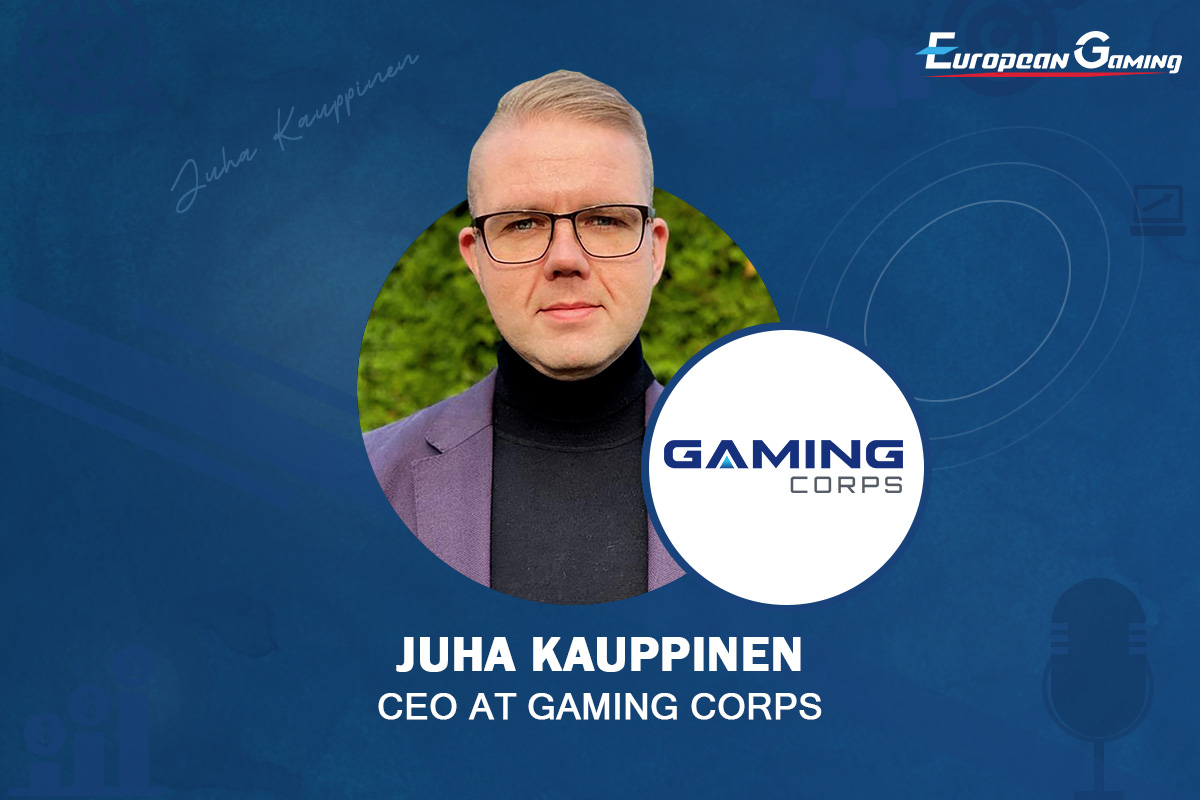
 Interviews7 days ago
Interviews7 days agoThe UX Revolution: Why Gaming Corps’ Website Redesign Reflects the Industry’s Digital Shift
-

 Latest News7 days ago
Latest News7 days agoUGC Calls for Global Teamwork to Stop Illegal Gambling
-

 Latest News7 days ago
Latest News7 days agoGreek Casino Industry Undergoes Major Transformation
-
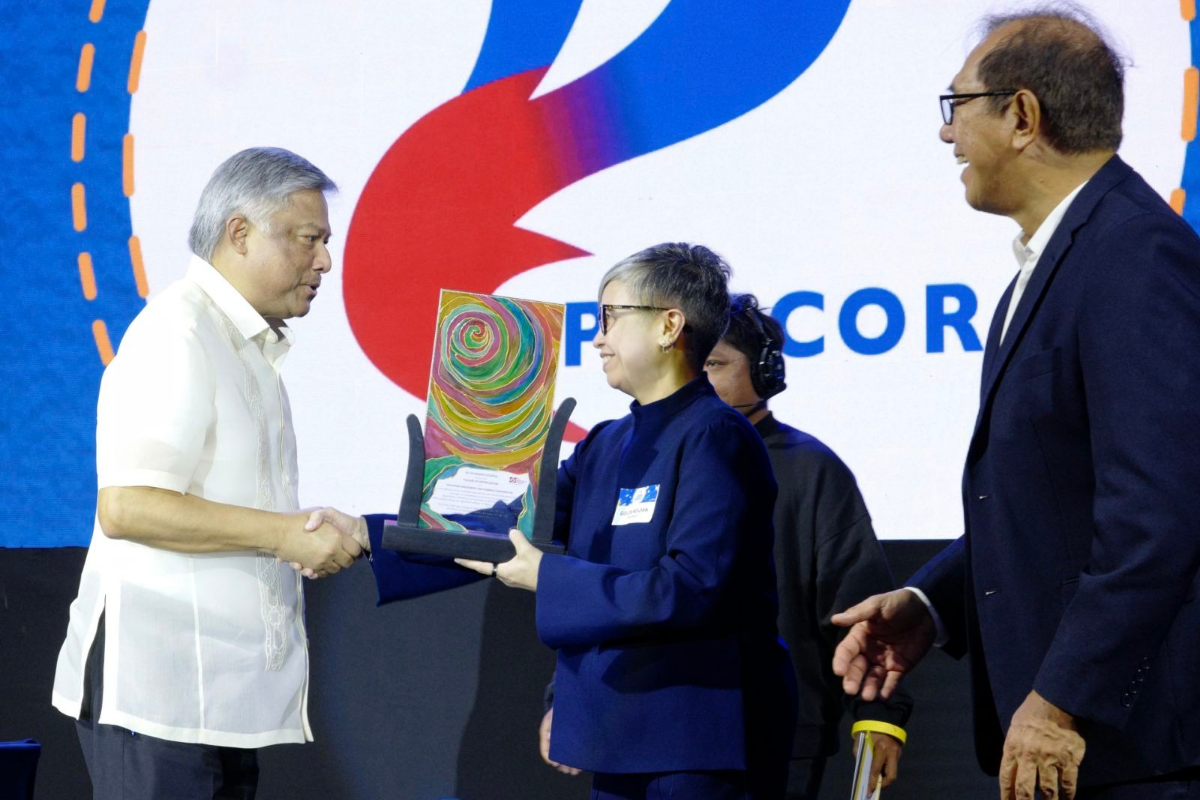
 Asia6 days ago
Asia6 days agoAD STANDARDS COUNCIL HONORS PAGCOR CHIEF
-

 Asia6 days ago
Asia6 days agoMacao Casino Sector Salaries Hit a 10-year High
-
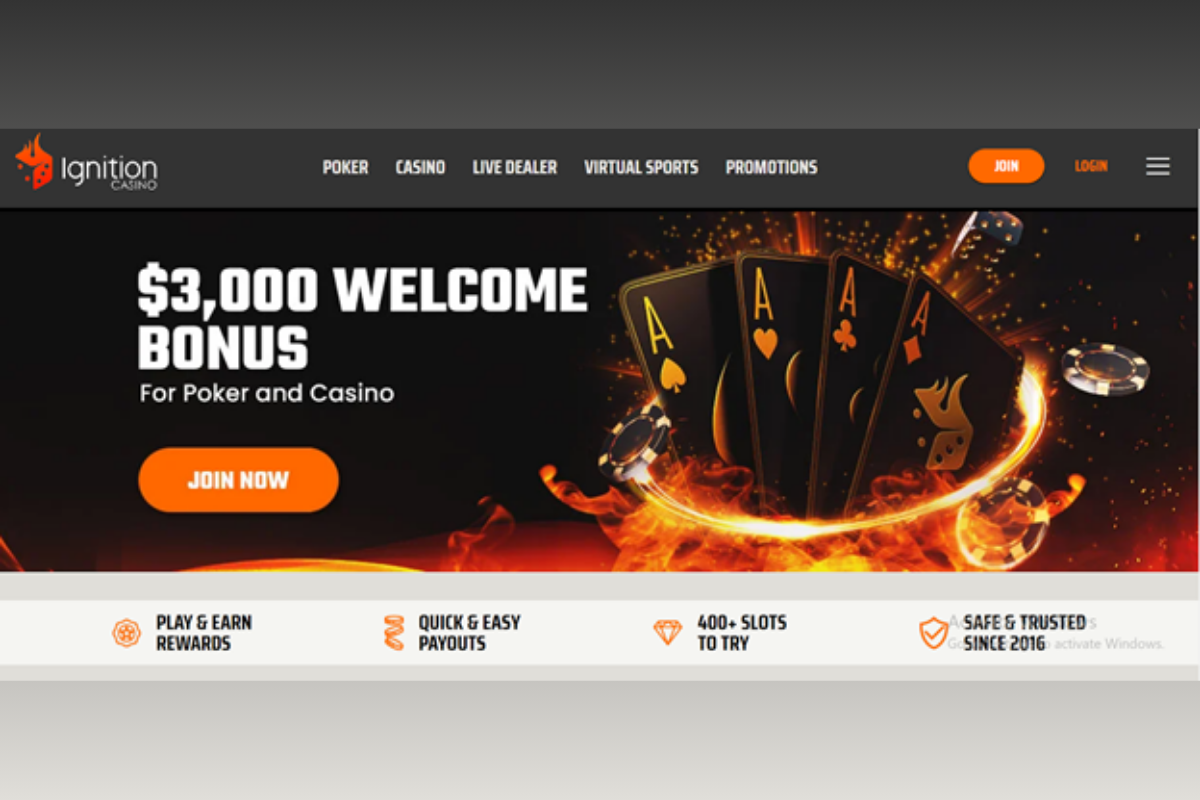
 Latest News6 days ago
Latest News6 days agoIgnition Casino Review 2025 – The Leading Bitcoin Casino & Crypto Gambling Site in the US












